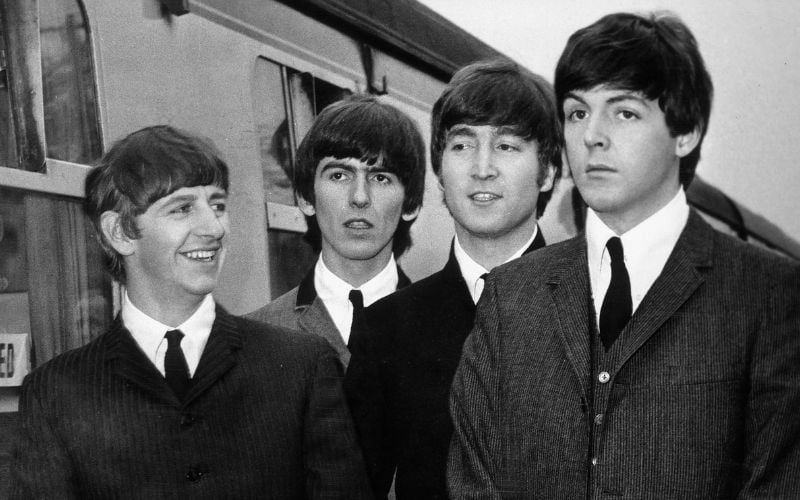One of the few things it’s hard not to admire the Americans for is their positivity.
For a country that has its fair share of woe and trouble, Americans rightly pride themselves on seeing the glass half full rather than half empty. And one of the areas that this is perhaps most evident is in the dreaded ‘recession’ which has been dealt with very differently on either side of the Atlantic.
The recession was global of course. Prompted at first by an overvaluation of assets at US banks and clearing houses, it ultimately led to bank bailouts, credit crunches, and unemployment in just about every country in the world. But despite the ubiquity of the global economic misery, countries have reacted in very different ways to the economic collapse. Two examples: Ireland and the US.
Back home it’s hard to escape mention of the recession. It’s jokingly called the ‘r’ word, and people get so fussed about not mentioning it that the city of Cork has actually promulgated an official decree for a day in July during which no utterance of the dreaded word is to be made. The decree was made jokingly, of course, but there’s a serious point too. The problem, as the Lord Mayor obviously realizes, is that people simply can’t stop talking about it.
The Irish, myself included, have a slightly pessimistic slant that delights in misfortune. Fortunately it doesn’t seem to effect our mental state –we’re generally happy, outgoing people– but there’s nothing better for the Irishman or woman than a good moan or a nice whinge, to unload some pent-up frustration at the world. And if it’s not the weather you’re moaning about, you have the recession. But that’s the problem.
Constant talk of the recession has led to a huge amount of negativity in the Irish media, which in turn has created what David McWilliams calls a self-fulfilling prophecy.
It’s a bit like the famous story about the cancer patient who’s given a dummy pill and believes himself well. The placebo effect; the power of mind over matter, it’s all the same thing really. If we believe and keep talking about Ireland in recession it will stay that way. If we can see light at the end of the tunnel then it will eventually shine forth.
This also isn’t helped by the fact that despite deflation, Ireland is still an exceedingly expensive place to live, and it’s no wonder that almost a third of us now fear going hungry. The latest survey from Eurostat showed us that Irish prices are still far in excess of what they could and should be. Despite fifteen months’ of deflation you still don’t see rock-bottom price deals, and we’re still far out of line with the European average, which really tells you something about how steep are prices were before the economy even began contracting!
Cross the pond to America, though, and the situation on the street feels very different.
America may not be nearly as mired in economic turmoil as Ireland is, but when the word recession is used the context tends to be starkly different. If you were to go looking for the word ‘recession’ on a word-finding tour of midtown Manhattan, the first instance you’d probably encounter the word in would be: “Recession Buster! Chinese buffet combo just $4.50” rather than in the context of a radio news bulletin about the latest of a seemingly infinite series of job cuts.
There are ‘recession busters’ back home as well, of course, but they don’t seem to be happening with as much frequency, or if they are they’re not being as well advertised, as in America. Of course the situation’s don’t fit a perfect comparison, but the differences are there nonetheless.
Every Irish person has a natural suspicion of American positivity when it comes in the form of the mandatory ‘have a great day, sir’, which everyone Irish seems to instinctively mistrust, but when it comes in the form of a falsely positive belief in busting the recession, the American lesson is one which Ireland would do very well do learn from.




Comments